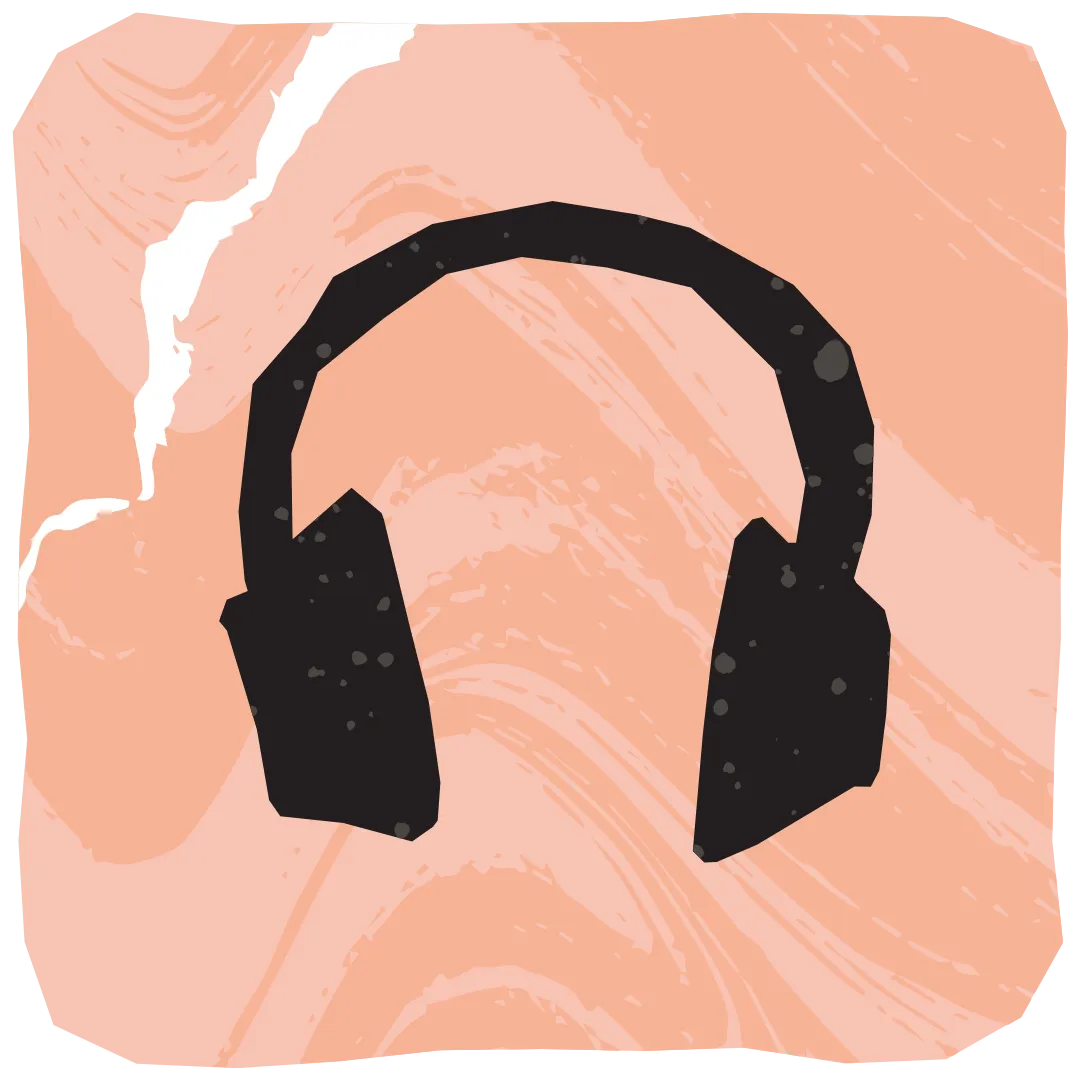Cognitive Behavioral Therapy (CBT)

Cognitive Behavioral Therapy (CBT)
Don't Let Your Thoughts Control Your Life
Cognitive Behavioral Therapy—known as CBT—is one of the most widely used and researched types of therapy. It’s based on a simple but powerful idea: our thoughts, feelings, and actions are all connected. If we can change the way we think, we can also change the way we feel and act.
WHAT WE OFFER FOR YOU
At Cornerstone Wellness Center, CBT helps people understand the negative thought patterns that cause stress, anxiety, or sadness—and learn how to replace them with healthier, more helpful ones.
Why CBT Is Used
Sometimes our brains get stuck in patterns that don’t serve us.
We might assume the worst, blame ourselves, or expect things to go wrong.
These thoughts can create strong emotions and lead to habits that keep us feeling down.
CBT is especially helpful for:
Anxiety and panic disorders
Depression and low self-esteem
Phobias and social anxiety
Obsessive thoughts and compulsions (OCD)
Anger issues
Stress management
Trauma recovery
This approach focuses on the here and now—not just what happened in the past, but how you’re thinking and reacting in your daily life.
The Goal of CBT
The goal of CBT is to help you become your own coach. You’ll learn to spot unhelpful thoughts, challenge them, and build new habits that support emotional strength, clarity, and confidence.
You don’t have to believe every thought your brain throws at you—and CBT helps you prove that to yourself.
How CBT Helps You Take Back Your Mind
CBT gives you tools. Tools to stop the thought loops. Tools to break unhealthy habits. Tools to understand your emotions and choose your response instead of reacting automatically.
At Cornerstone Wellness Center, our CBT-trained therapists help you build a strong foundation of mental habits that can last a lifetime.
A Simple Story:
Meet Tony
Tony is a 36-year-old dad who often felt like a failure. He’d get nervous before meetings at work, assume people didn’t like him, and replay conversations in his head for hours afterward.
At Cornerstone Wellness Center, Tony began CBT. His therapist helped him notice the negative thoughts he kept repeating—like “I’m not good enough” or “They’re going to judge me.” They worked together to ask: Is that really true?
Tony learned simple ways to pause, question, and reframe those thoughts. With time, he stopped spiraling and started feeling more calm and in control.

Disclaimer
The story of “Tony” shared above is a fictional example created for educational purposes. It does not represent a real client or actual session at Cornerstone Wellness Center. We are fully committed to maintaining your privacy and confidentiality in accordance with HIPAA regulations. Any resemblance to real persons, living or deceased, is purely coincidental.
Frequently Asked Questions (FAQ)
What does CBT stand for?
CBT stands for Cognitive Behavioral Therapy. It helps people change negative thought patterns to improve how they feel and act.
Is CBT just positive thinking?
No. CBT is about realistic thinking—not pretending everything is great, but learning to challenge unhelpful or untrue thoughts.
How long does CBT take?
CBT is often a shorter-term therapy, with many people seeing improvement in 8 to 20 sessions. It depends on your needs and goals.
Is CBT good for kids and teens too?
Yes! CBT works well for all ages, especially for managing anxiety, behavior problems, or school stress.
Will I have homework?
Usually, yes. CBT often includes simple exercises between sessions to help you practice new skills and track your progress.

Our clinic is a private mental health partnership, with a carefully selected team of Psychologists.
Compliance and Cybersecurity Provided by:
Home | About | Children | Adolescents | Individuals | Families | Business Programs
© 2026, Cornerstone Wellness Center. All rights reserved.
Made with ♥ In Las Vegas, NV by Megafluence, Inc.
Powering Thought Leaders Worldwide
https://megafluence.co












